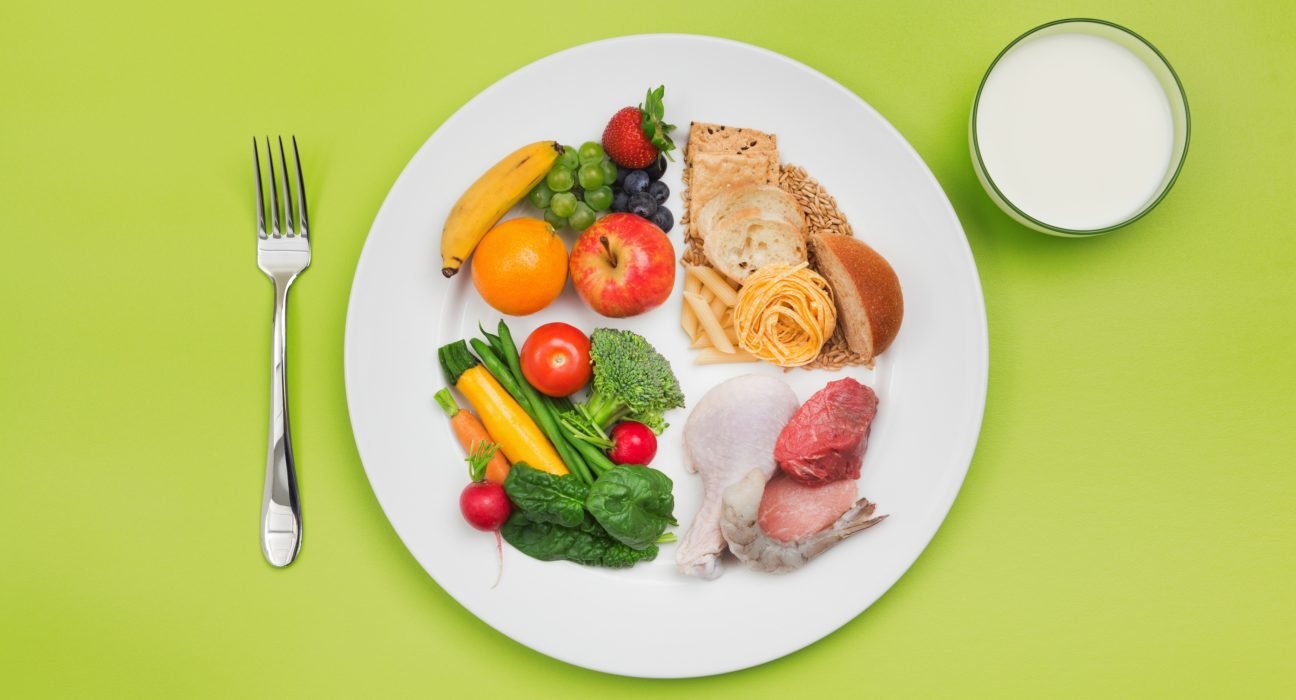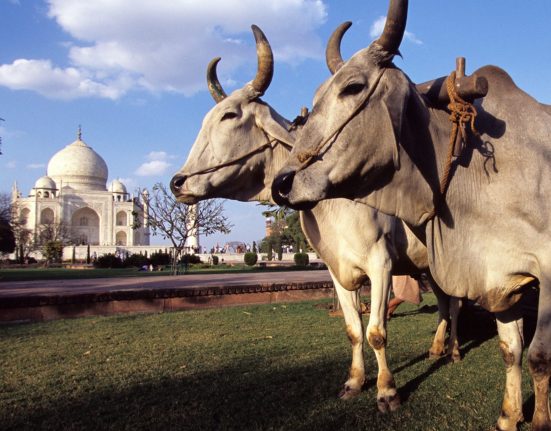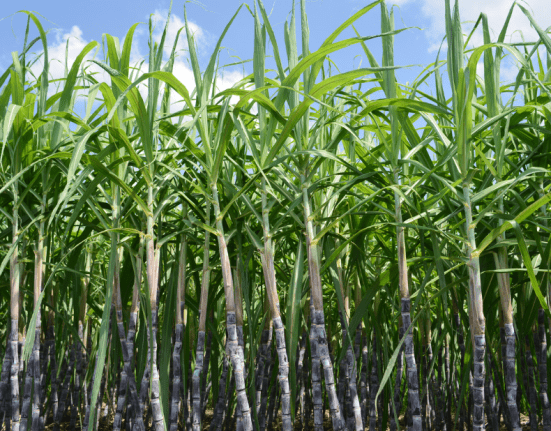A recent study titled ‘Dietary Patterns in North and South India: A Comparison with EAT-Lancet Dietary Recommendations’ reveals that Indians’ diets are skewed towards dairy consumption while lacking nutrient-rich fruits and vegetables. Published in the Journal of Human Nutrition and Dietetics, the study emphasizes the need for a public health campaign to rectify this imbalance. The research, based on a survey of over 8,700 adults, notes that rural and poor women are particularly affected by this dietary gap. The study advocates for a shift towards complex carbohydrates like whole grains, legumes, fruits, and vegetables and suggests policy measures to make healthier diets affordable and accessible.
Indians are disproportionately consuming dairy products at the expense of nutrient-rich fruits and vegetables, raising concerns over nutritional inadequacy. A recent study titled ‘Dietary Patterns in North and South India: A Comparison with EAT-Lancet Dietary Recommendations’ has shed light on this dietary imbalance and called for a focused public health initiative to address the issue.
The study, published in the Journal of Human Nutrition and Dietetics, highlighted the nutritional disparities among Indian diets, particularly impacting rural and economically disadvantaged women. It underscores the importance of adopting dietary habits prioritising complex carbohydrates like whole grains, legumes, fruits, and vegetables, overloading dairy and other less nutrient-dense foods.
The research draws its guidance from the EAT-Lancet guidelines, which suggest that a significant portion of food intake should consist of whole grains (32%) and protein-rich vegetables (23 %). In comparison, dairy consumption should be limited to just 5%.
However, the study’s findings paint a different picture of Indian dietary patterns. The analysis reveals that dairy products comprise 25% of the diet, followed by added fats at 23%. Alarmingly, consumption of whole grains is at a mere 15%, with protein-rich vegetarian sources accounting for only 4%.
“The diets of the study participants were mainly plant-based and high in dairy but lacking in nutrient-rich foods such as vegetables and fruits,” the study reports.
The study drew from a survey involving 8,762 adults from Sonipat in Haryana and Vizag in Andhra Pradesh in 2019. Half of the participants were women, and the study encompassed both urban and rural residents.
Comparing urban and rural residents, the study revealed that urban areas exhibited higher consumption of starchy vegetables, all vegetables, fruits, and protein-rich foods. In contrast, rural areas exhibited higher consumption of whole grains and dairy products.
Differences between genders and economic strata were also evident. Women consumed more starchy vegetables and all vegetables, while men leaned towards non-vegetarian protein sources. Wealthier individuals consumed more vegetables, fruits, and dairy items, underscoring socioeconomic influences on dietary choices.
Moreover, the study highlighted regional variations, noting higher consumption of whole grains, all vegetables, fruits, dairy, and added fats in Vizag compared to Sonipat. Conversely, Sonipat saw higher consumption of starchy vegetables and added sugars.
Commenting on the study’s implications, Professor Sailesh Mohan, one of the authors, expressed concern over the inadequacy of nutrient-rich fruits and vegetables in participants’ diets, despite their considerable health benefits. He cautioned that higher dairy consumption could eventually contribute to a high carbon footprint in India’s dietary landscape, warranting careful consideration in policy-making to ensure dietary resilience, sustainability, and health.
The study calls for policy interventions to make micronutrient-rich foods and sustainable diets affordable, endorsing the implementation of EAT-Lancet recommendations by the Indian Council of Medical Research (ICMR). The EAT-Lancet guidelines, established by the Lancet Commission on Planetary Health in 2019, recommend a daily caloric intake of 2500 kcal, while the study found Indians consuming only 1560 kcal daily, underscoring the need for dietary improvement.







